Blog
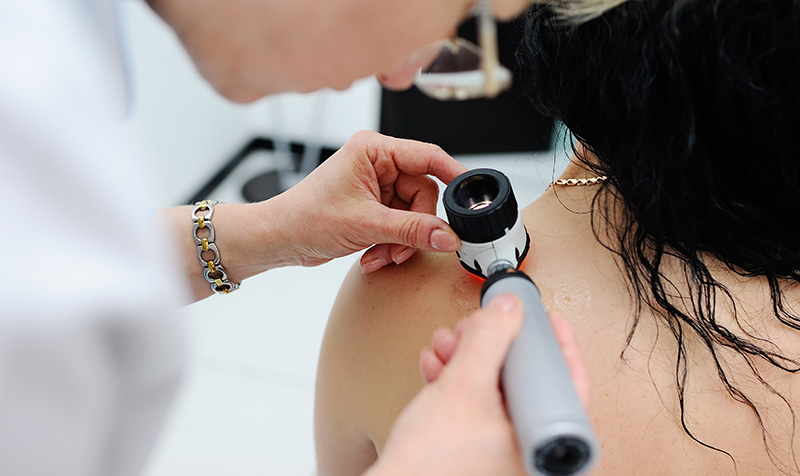
Skin Cancer Risks, Signs, Symptoms & Screening
Skin cancer is the most common form of cancer diagnosed in the United States. Annually, there are more than 5.4 million new cases of non-melanoma skin cancers. While there are fewer cases of melanoma, the incidence of this cancer is on the rise. Many of these cancers can be prevented by protecting skin from excessive sun exposure and avoiding indoor tanning. Read more about skin cancer prevention tips. Risk factors Exposure to ultraviolet radiation from the sun or tanning beds Skin & hair color: People with fair skin, freckling or red or blond hair have a...
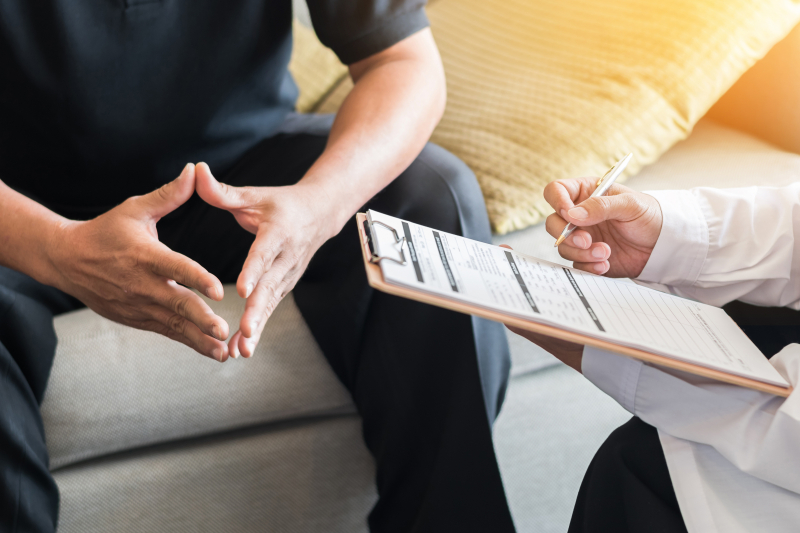
Prostate Cancer: When Should Men Be Screened?
Aside from skin cancer, prostate cancer is the most common cancer in men. Therefore, it’s important to learn some facts about prostate cancer screenings and make sure you, or the males in your life, are getting screened for prostate cancer in a timely manner. Early Detection of Prostate Cancer Can Provide Better Outcomes for Patients! All men, even healthy ones, can benefit from making prostate cancer screenings part of their regular healthcare routine. Doctors sometimes recommend testing simply because of age or family history. Other times, patients have some symptoms, and their doctor...
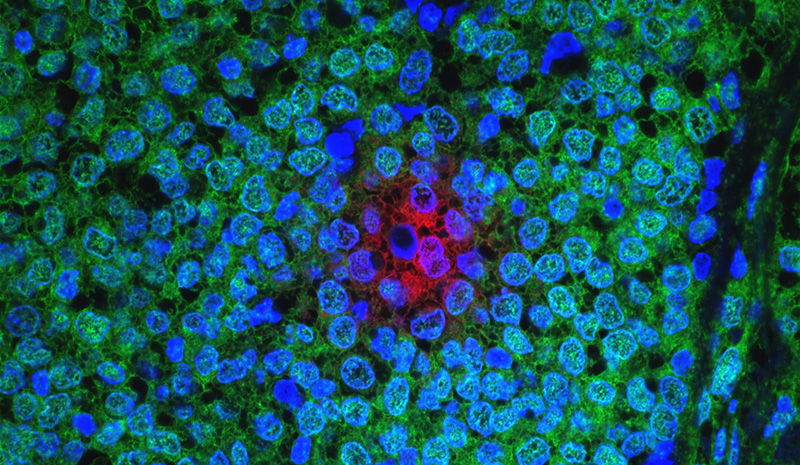
Molecular Profiling and Breast Cancer
By Robert Gin, MD The word profiling has been defined as the use of personal characteristics or behavior patterns to make generalizations about a person. Profiling is used in our everyday lives. When someone knocks on our door and we look through the peephole, we make a split decision on the person’s appearance to decide if we open the door or turn off our lights to show no one is at home. Dating sites and the internet collect data and use that information to present users with a compatible person or products. However, profiling is not limited to just people. Think about walking...

Arizona Oncology Joins National Initiative for Better Cancer Care
Arizona Oncology proudly announces its participation in the Enhancing Oncology Model (EOM), a novel program aimed at improving cancer care. Only 44 oncology practices across the country, including ours, have been selected to take part in this initiative. Backed by the Center for Medicare and Medicaid Innovation (CMMI), the program aligns with the Biden Administration's Cancer Moonshot effort to enhance the cancer treatment experience. What EOM Means for Patients The EOM primarily targets Medicare and Medicaid patients undergoing chemotherapy for seven cancer types: breast...

Skin Cancer Prevention Tips: How to Read a Sunscreen Label
Exposure to ultraviolet light is the primary cause of melanoma and nonmelanoma skin cancers and premature aging. Both of these can be largely avoided by protecting the skin from ultraviolet rays – whether from the sun or tanning beds. If you’re going to be outdoors one of the best things you can do to protect your skin is to wear sunscreen. Wearing protective clothing and avoiding the sun at the hottest times of the day (10 am - 4 pm) can also reduce the risk of developing skin cancer. With so many options, numbers and phrases on sunscreen packages, going to the store to choose the...

Surviving Cancer: Moving Beyond One Day at a Time
According to the American Cancer Society, about 2 million new cancer cases are expected to be diagnosed in 2024. More than 18 million Americans will be living beyond cancer. The American Cancer Society reports a majority of cancer survivors (69%) were diagnosed 5 or more years ago. Prostate, breast and colorectal cancers are the most common diagnoses among survivors. The increase in survival rates over the last 5 years can be attributed to early detection methods for cancer screening, and advancements in identifying new targeted cancer therapies. As cancer detection and treatment continue...

Ways to Minimize Side Effects from Cancer Treatment
Ways to Minimize Side Effects from Cancer Treatment Because of advances in cancer treatment, more and more people can expect to reach remission or to live a long life with cancer. This is wonderful news! However, going through cancer treatment often isn’t easy. Cancer medications and radiation treatments can cause a variety of side effects that can be difficult to deal with. Here are some things you can do at home or with the help of your doctor to minimize side effects from cancer treatment. Appetite Loss. People being treated for cancer often don’t feel hungry. But when you don’t get...
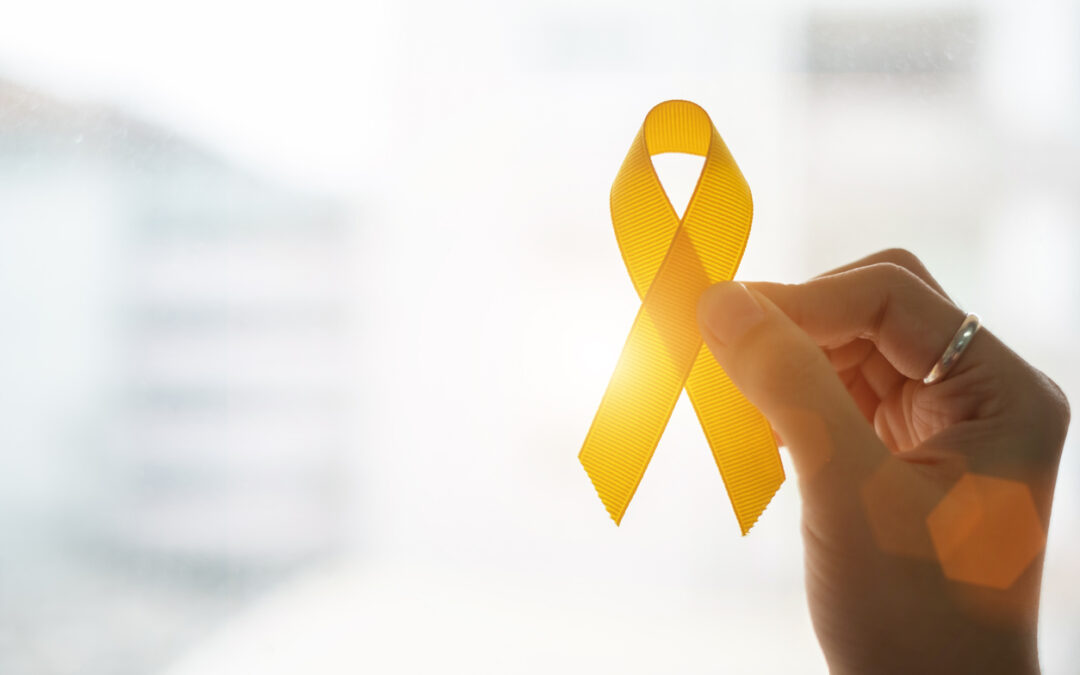
Don’t Forget the Forgotten Cancer: July is Sarcoma Awareness Month
Often times, when people hear the word “cancer”, sarcoma isn’t one that quickly comes to mind. Some may not even know what a sarcoma is--so it’s no surprise that it’s considered the “forgotten cancer.” To bring it to the forefront, July has been declared Sarcoma Awareness Month. Now, more than ever, is the perfect time to learn more about this rare disease. What is Sarcoma? Sarcomas can be broken into two main types: soft tissue sarcomas and bone sarcomas. There are, however, more than 50 different subtypes that fall under these two categories. Soft tissue sarcoma is a broad term...
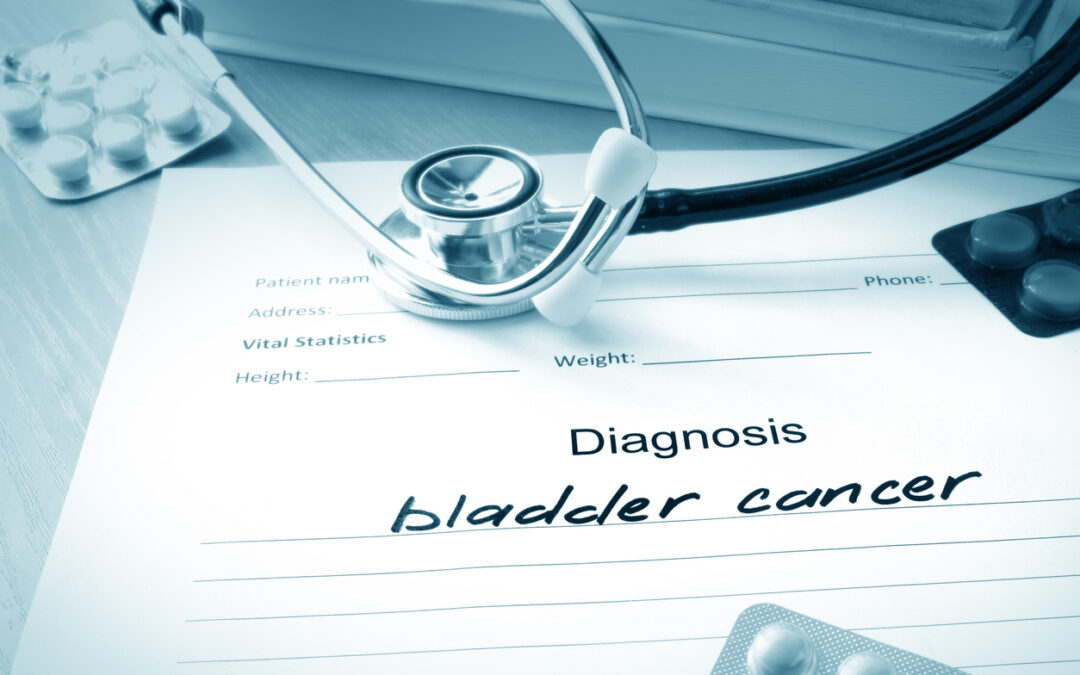
Signs & Symptoms of Bladder Cancer
Approximately 228 Americans are diagnosed every day with bladder cancer. July is recognized as National Bladder Cancer Awareness Month, and Arizona Oncology would like to remind all men and women to speak with their healthcare providers about the signs and symptoms, as well as screenings, for the disease. By finding cancer early, treatment is more effective. According to the American Cancer Society, it is estimated that nearly 83,190 new bladder cancer cases are expected this year, and more than 16,800 people will lose their lives to the disease. Knowing the signs and symptoms of bladder...

Yoga for Breast Cancer Patients
If you're recovering from breast cancer, the medicines that are part of your treatment program can have unwanted effects. You and your oncologist have chosen a path for your breast cancer treatment, but it's also important to add things to your routine that will help you feel better both mentally and physically. These are called complementary therapies. Yoga is an exercise and breathing therapy that has been proven to help breast cancer patients and survivors. What is Yoga? Originating in India over 5,000 years ago, yoga began as a complete lifestyle that combined exercise with ethics...


